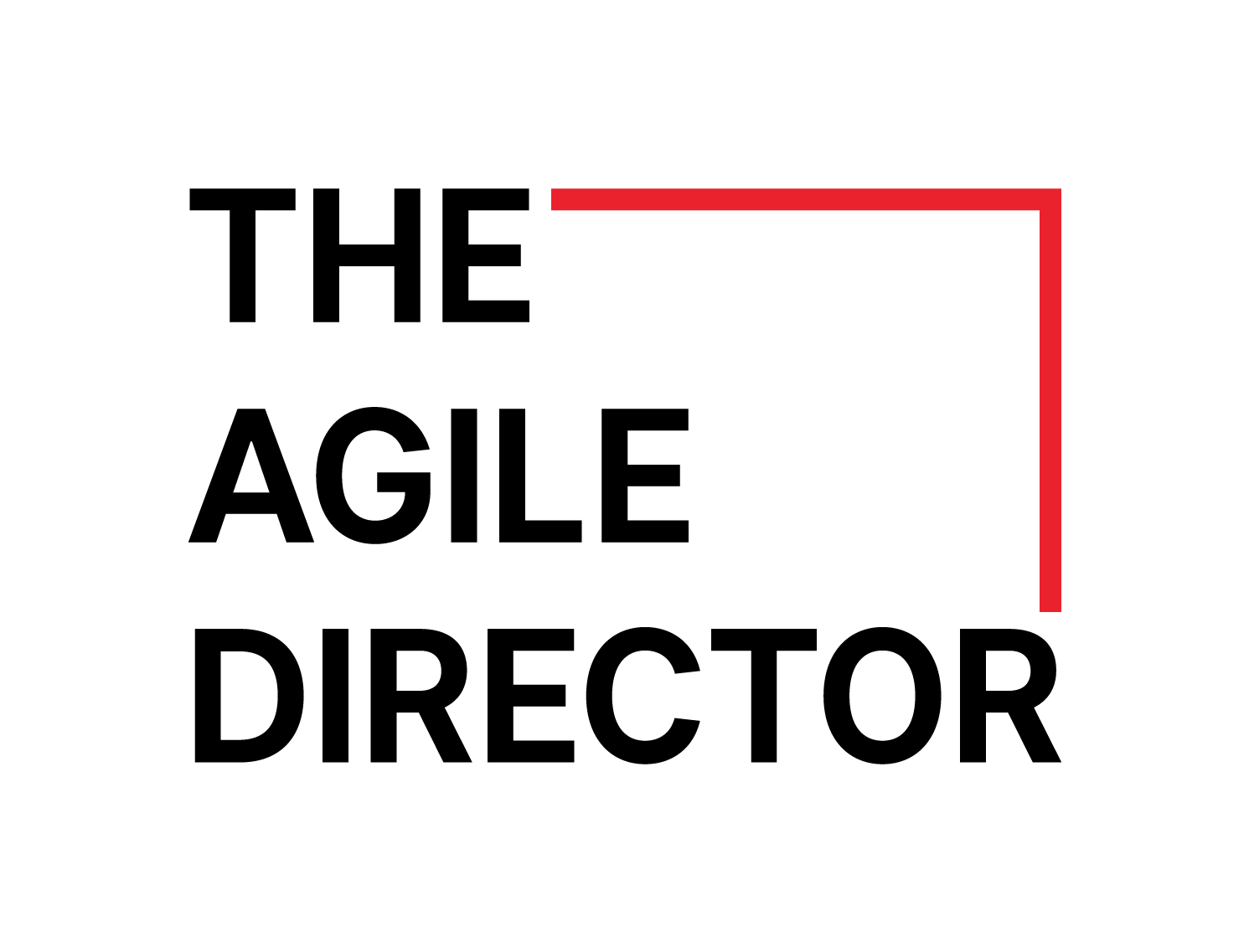Plumbers with leaky taps: symbolism, culture and lessons for modern directors.
by Andrew Donovan
 As boards grapple with what their contribution to corporate culture should look like they often overlook one of the simplest yet powerful cultural drivers within their grasp: symbolism.
As boards grapple with what their contribution to corporate culture should look like they often overlook one of the simplest yet powerful cultural drivers within their grasp: symbolism.
It’s like a plumber with leaky taps. Would you hire him or her to replumb your whole house if they neglected to change a simple washer in their own tap?
The same applies for boards. Boards can mandate values and behaviours – but they lack a mandate when their own symbolic gestures are not yet up to scratch.
I suggest four simple, effective and highly symbolic ways to show you mean business with cultural change.
1. Listen: The employee voice at ANZ
Imagine trying to influence a culture when you don’t know what it is. Even if you did try to drive change, you’d never be able to measure success as you’d have no idea of your start point or gains along the way.
In the final report of the Royal Commission into misconduct in financial services, ANZ’s approach to facilitating cultural change was given some positive air time. At the core of its approach…Listening.
A cultural assessment tool designed in-house using survey and interview data, measures four key ‘levers’ that are considered important to culture and ways of working:
• leadership (tone from the top);
• middle management (tone from the middle);
• risk environment; and
• transparency (‘speak up’ culture).
Between 2016 and 30 June 2018 more than 30 culture assessments were completed, with ongoing work to reassess some business units in order to measure change.
Shayne Elliott, CEO of ANZ, reported to the Commission that while he was at first sceptical of adding another survey, the feedback was enormously valuable and provided them with the power to take action to support cultural change.
He went further to say that with an “obsessive focus” and commitment by management, cultural change could happen within 2-3 years. Other leaders, who have since departed, couldn’t drive change in under 5 years.
Boards needs to have “listening devices” throughout the organisation and they need to be seen to be listening and responding.
2. Be authentic: A personal story
In the Australian ‘blokey-ness’ stakes I am not a front runner. Not too long ago I joined an all male board, full of good and skilled people but the atmosphere was highly masculine. I felt that to fit in I needed to act the bloke, to accentuate certain traits and downplay others. Over time, while I felt I was contributing I also felt a subtle discomfort, of not quite fitting in. It was only after a year or so I tentatively let my guard down.
What I found was that people generally respond well to people being themselves. No matter how well you think you are playing the part, people pick up on incongruence, even if subconsciously. From that point on people felt more comfortable around me and me with them, our relationships deepened and I was able to gather more information about the organisation and do my job better as a result.
You may have to introduce your full self slowly to your colleagues, especially when you not quite the mirror image of them, but more often that not, appreciation of authenticity wins out over fear of difference.
3. Watch the optics: Will Business Class earn you the points that matter?
Consider how simple actions are perceived by stakeholder groups across an organisation.
For example, there are plenty of valid reasons for flying business class for work. The most often cited is the need to hit the ground running on arrival – which can be difficult after trying to sleep in a space the size of a shoebox during a 14 hour flight.
However, while perhaps justifiable for some, business class travel is a powerful symbol of internal inequity when directors fly at the pointy end and people who bring in the money fly coach, even more so if board-mandated cost cutting is occurring .
I once ran a focus group on board performance for senior executives in financial services and the issue they wanted to talk most about was this – business class flights for one director. We peeled away the layers to find that what got in their claw was that for the executive, the policy was business class for flights over three hours. Yet this particular director demanded it for all flights. While a generally strong performer, management’s view of this director was entirely coloured by this symbolism.
Boards need to be fully aware of how their actions and decisions are perceived and judged symbolically. With every decision they have the chance to make an impression on employees, thus influencing culture for worse of better.
4. Connect: The simple power of a chat
A director tells a story that has stayed with her for years. As a new national manager visiting an interstate office for the first time, she introduced herself to the receptionist and shared a nice conversation and a laugh or two before proceeding to her first meeting.
Weeks later when she returned, the state’s HR manager thanked her for ‘being kind’ to the receptionist, who was thrilled to tell her – and others – about the new manager, as people from head office generally sailed past her with a cursory greeting on their way to the boardroom.
That she had made an impact by doing something so simple and natural to her, was surprising but confirmed the flow-on value of making genuine connections at all levels of an organisation.
My own experience has been the same. Despite my years of speaking engagements, facilitating governance training and working with powerful boards, in a room full of people – like anyone else – my tendency is to veer towards the familiar faces.
Luckily for me, some of my current board positions require prominent board attendance at all functions, with the clear expectation that directors contribute to culture by engaging personally with people from across the organisation. While at first daunting to approach and engage a total stranger in conversation, it’s let me witness first hand the benefits of a ‘present’ board – and I’ve enjoyed every interaction and connection I’ve made with people at these events.
Directors – or any leaders for that matter – need to be aware of the impact they can make by investing in a chat in a way that is authentic to them. While it might not seem a high priority in a busy day, being seen, being present and building connections is an enormously powerful cultural driver.
A place for the board in setting culture
After a couple of years of debate over the role of the board in culture, the question has been emphatically settled. The board is absolutely critical in setting culture for the organisation, as proven in the final report of the banking Royal Commission. The report stated: “…every financial services entity, named in the Commission’s reports or not, must look to its culture. Every financial services entity must look again at the way in which it governs itself and manages not only its employees but also the entities and individuals who act as its intermediaries or are seen by consumers as representing or associated in some other way with the entity. In looking at culture and governance, every entity must consider how it manages regulatory, compliance and conduct risks. And it must give close attention to the connections between compensation, incentive and remuneration practices and regulatory, compliance and conduct risks.”
A board that listens, is authentic, is aware of the optics and connects with employees will set a great foundation upon which to base their future work tackling the bigger cultural issues. As is so often the case, getting your own house in order, leaking taps and all, will support you pursuing a more active role in your organisation’s culture .
Andrew is a trusted Board Adviser, Non-Executive Director and educator. Andrew’s focus is on purpose driven, high impact Boards and Directors. He is the founder and Managing Director of Thoughtpost Governance, whose elite team of consultants specialise in supporting Boards in the mutual and cooperatives, not-for-profit, public entity and family business sectors.
Andrew is also resident governance expert at the Global Governance Initiative (GGI), which aims to ensure all businesses have access to leading governance knowledge and tools to support and enhance their performance. GGI offers a complete governance training package for directors and executives that can be completed online where, when and how they choose. For more information visit www.ggi.community/governex


